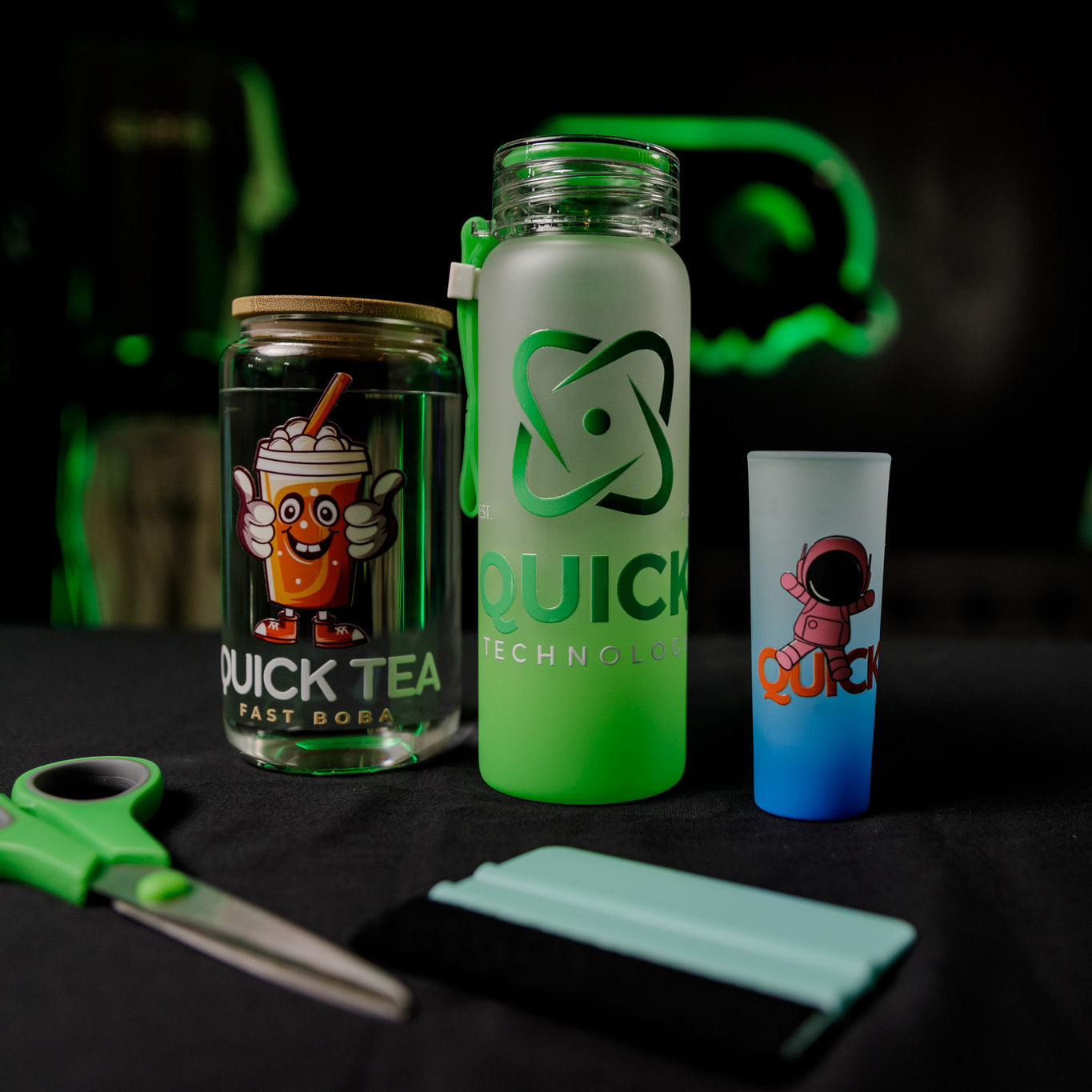QuickTransfers: A Fast and Efficient Way of Printing
QuickTransfers: A Fast and Efficient Way of Printing
Blog Article

In the dynamic world of technology, hardly anything stays the same for long. Nowhere is this more evident than in the realm of production and printing. One of the latest advancements to grab the industry's attention is known as Direct to Film (DTF) transfer. A groundbreaking technique, DTF transfer is setting a new bar in printing technology.
Direct to Film transfers function through a unique kind of printable heat transfer film, which can be applied directly on products such as numerous forms of fabric-based products. Unlike conventional transfer methods, which require a direct ink infusion, Direct to Film uses a adhesive powder that enables the ink to adhere to the material.

This groundbreaking method has a range of advantages. Firstly, it produces a softer, more natural feel website to the print. This method doesn't leave a 'hand feel', the term given to the rough texture left by certain traditional printing methods.
Furthermore, DTF transfers can be used on almost any type of fabric-based product. This allows designers to have more latitude with their artistic decisions.
Perhaps one of the best benefits of Direct to Film is the ability to print detailed and colourful designs. Manufacturers are no longer constrained by the restrictions of traditional printing. With Direct to Film, the possibilities are as wide as the imagination.
Moreover, Direct to Film transfers are quick and efficient, making them an excellent choice for mass production. With the quality increases that Direct to Film transfers can provide, manufacturers have a significant benefit on their side, particularly when compared to traditional printing methods.
In the long run, Direct to Film transfer printing is set to remain a popular choice for producers looking for to improve their materials and production capabilities. The technique not only offers superior print quality but also significantly boosts production velocity and productivity.
In conclusion, Direct to Film transfers represent a forward-thinking tool in today's print environment. They offer numerous advantages, from improved print quality and feel to increased production speeds. It's easy to see why so many industry titans are making the switch to Direct to Film transfer printing and why they are set to shape the future of the print world. With its impressive potential, the Direct to Film revolution is just getting started.
Report this page